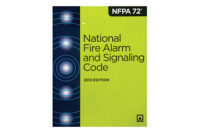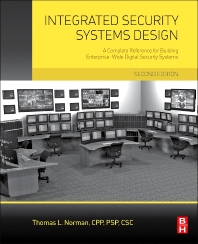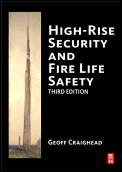
|
In a case decided this past year in the state of Massachusetts, a court ruled a city ordinance that restricted approved fire signaling devices and systems conflicted with the state law.
Under the Massachusetts Code of Regulations, there was a provision that stated property owners were permitted to install any one of four types of approved fire protective signaling devices and automatic fire detection systems in buildings throughout the commonwealth. Then the city enacted the challenged ordinance, which in essence, banned the installation of all but one of the systems allowed by the code.
In discussing the case (in which the plaintiff complied with the code but not the ordinance), the court pointed out that the legislature empowered the State Board of Building Regulations and Standards (Board) to “adopt and administer a state building code.” Pursuant to the authority, the board set forth four alternatives for required fire protective signaling systems and automatic fire detection systems that alerted local fire departments when an alarm had been sounded. The act went on to say that all fire protective signaling systems and automatic fire detection systems required must be supervised by one of the following methods:
- A UL listed or FM approved central station service in accordance with NFPA 72 as listed in 780;
- Approved proprietary supervising station system, in accordance with NFPA 72 as listed in 780;
- Approved remote station fire alarm system supervising station in accordance with NFPA 72 as listed in 780;
- Alarm signals to an approved auxiliary fire alarm system in accordance with NFPA 72, with supervisory signals supervised by one or two above, or at a constantly attended location approved by the local fire department, having personnel on duty trained to recognize the type of signal received and to take prescribed action. This shall be permitted to be a location different from that at which alarm signals are received.
The city amended its ordinance requiring that all buildings in the city utilize the fourth option, which it described as a “city-approved radio box.” Under the terms of the penalty provision of the ordinance, failure to comply would be punished by a fine of $100 per calendar day and each calendar day on which the violation exists shall be deemed to be a separate offense.
Contrary to the ordinance, but in compliance with the state code, the plaintiff installed the system of the sort set out as the first alternative in the relevant code provision. After an inspection by the city’s fire department, an invoice was sent to the plaintiff for $3,000 as a violation fine. The plaintiff appealed to the board, and after the board stated it was without authority to strike down an ordinance, the plaintiff filed the action in the superior court.
In the appeal, the plaintiff argued that the city ordinance conflicted with the general law and the code and that it was “inconsistent” with the law enacted by the general court and thus impermissible under the Home Rule Amendment.
The court indicated that in authorizing the development of the code, the legislature had expressly stated its intention “to ensure ‘uniform standards and requirements for construction and construction materials.’”
In further discussion, the court indicated that the code preempted inconsistent local regulations. Notwithstanding the city’s submissions that by mandating this city-approved radio box the city was attempting to circumvent third-party relay of fire alarms and thereby increase response times, the court said it was “not indifferent to the city’s concerns.” The legislature, however, had placed on the board the responsibility for determining, on a state-wide basis, what “fire protective signaling systems and automatic fire detection systems” were permitted in Mass., the court stated.
The court then pointed out that there was no merit to the city’s contention that the ordinance was no more restrictive than the code because it merely narrowed the permissible options among state-approved alternatives. The court stated that if all municipalities in the commonwealth were allowed to enact similarly restrictive ordinances and by-laws, a patchwork of building regulations would ensue, precisely the result the code was meant to prevent.
Therefore the motion for summary judgment in favor of the plaintiff by the superior court was affirmed.
READERS ASK
Q I have been an operating alarm company for many years and I am now considering entering into the PERS business. Can I use my existing security alarm contract for my PERS business? Read the full answer at www.SDMmag.com.
To ask Les Gold a question, e-mail sdm@bnpmedia.com.










